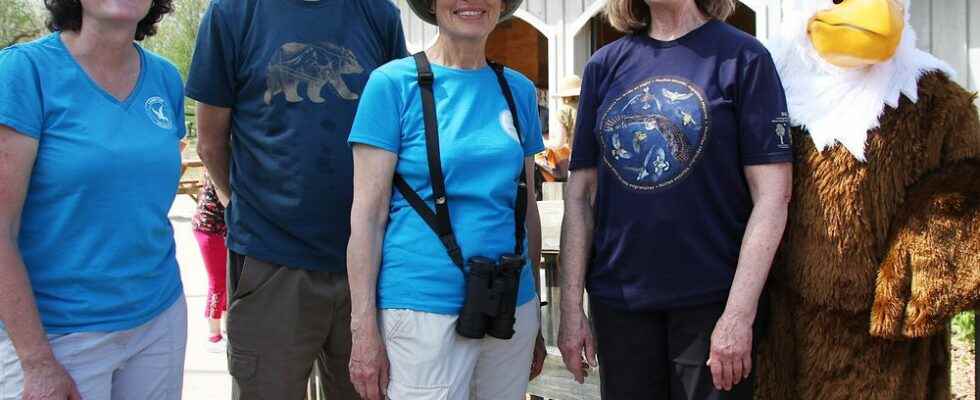A group in Sarnia has started working to have the city certified as bird friendly.
The Sarnia Bird Team, formed last fall with about a dozen members from Lambton Wildlife, Climate Action Sarnia and the city’s environmental action committee is working with the city to have Sarnia achieve the Nature Canada designation, said John Cooke, committee chairperson.
A recent report to city council said five municipalities in Canada have the certification so far from the nature conservation charity, based on things like having a bird group, support from the municipality, and taking steps to guard against window collisions, threats from roaming cats, and protecting and restoring bird habitat.
Achieving entry-level certification requires a score of 24 out of 50 points, across 26 criteria, according to Nature Canada.
City council earlier this month voted to support the efforts of the bird team, and make information about World Migratory Bird Day and the Bird Friendly City certification program available via sarnia.ca and social media posts.
Sarnia is already doing things to protect birds via the city’s climate change action plan, Cooke said.
“We might be able to achieve the minimum level with what’s in place today,” he said.
Even so, the group would continue to seek improvements and is “at the early stages” of working with city staff to identify areas of focus to make recommendations to council, he said.
Other cities that have achieved the minimum certification status have taken a year or two to get there, he said.
“Birds are a fairly obvious reminder that nature is all around us,” he said, noting that means focusing on things that protect bird populations tends to make cities more nature friendly generally.
“The health of the bird population and the focus on the bird population is really supportive of all other elements of nature,” he said.
The certification process was started to address declining bird populations in North America, which have fallen by three billion over the last 50 years, according to Nature Canada.
That’s particularly true among insect-eating song birds, Cooke said, calling it a “dramatic” decline.
“There’s quite a list of species that are considered at risk” by Birds Canada, he said.
Some of the threats include predation by domestic cats and window and car collisions, according to Nature Canada.
Achieving the certification would be a source of community pride for taking efforts to reverse those bird population losses, Cooke said.
“Having the bird team is a rallying point for local organizations to collaborate with the city to identify creative solutions to some of the problems we have and the opportunities that we have,” he said.
